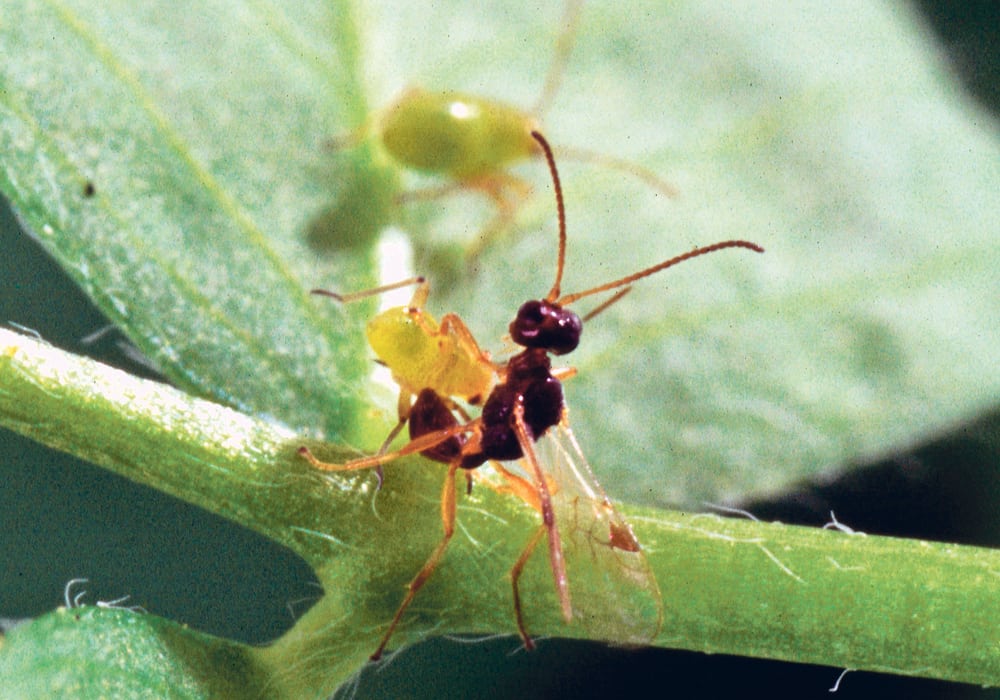Researchers in Alberta are studying if a parasitic wasp will attack lygus bugs and protect canola and alfalfa crops
Lygus bugs can adversely affect many types of crops and work is underway to see if a parasitic wasp called peristenus can become a natural control for the pests.
Hector Carcamo, research scientist at Agriculture Canada in Lethbridge, said peristenus successfully attacked lygus in laboratory-grown canola and alfalfa. Now he is studying how and whether the parasitic wasp interacts with similar native wasps.
If the competition is not too severe, Carcamo said he might apply to release the species in Alberta.
This particular wasp species has been used effectively against lygus in the northeastern United States and California, added Carcamo.
Read Also

Crop quality looks good this year across Prairies
Crop quality looks real good this year, with the exception of durum.
Lygus infestation is unpredictable and the insects have a range of host plants but their damage to canola, if present in sufficient numbers, tends to get the most attention.
They overwinter as adults and can feed on various weed hosts in spring until crops are available for munching.
A paper published by Carcamo and fellow Agriculture Canada research scientist Jennifer Otani said lygus is particularly challenging to control because a number of different lygus species can combine forces depending on the host plant, region or season.
Lygus are native to Canada and are always present in canola but incidents of major damage are infrequent, the paper notes. They can be controlled with foliar insecticide but results vary depending on crop stage at time of application.
The crop pest has a number of natural enemies that “in most years help to keep populations from reaching pest levels,” said the paper. Parasitic wasps and tachinid flies are among them.
“As with many other field crop pests, biological control options have been poorly studied and should receive increased emphasis for sustainable long-term management,” the paper concludes.


















